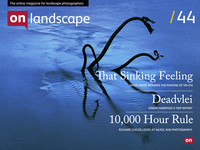Is there such a thing as Green Photography?
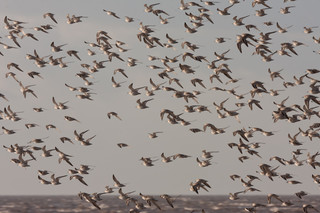 In an article in Outdoor Photography (September 2012 issue) related to the 2020VISION project Niall Benvie makes his case for “conservation photography”. “By drawing attention to what happens in and to the natural world” (rather than merely reflecting its aesthetics) conservation photography gives people the tools they need to to understand how their choices affect it.” he says. “But few, too few, to make any real difference, act on that knowledge.”
In an article in Outdoor Photography (September 2012 issue) related to the 2020VISION project Niall Benvie makes his case for “conservation photography”. “By drawing attention to what happens in and to the natural world” (rather than merely reflecting its aesthetics) conservation photography gives people the tools they need to to understand how their choices affect it.” he says. “But few, too few, to make any real difference, act on that knowledge.”
He describes some of the problems brought about by constant economic growth – among them biodiversity loss and ground water pollution. And – quite correctly – “The argument that industrial society and a vibrant natural environment are compatible just doesn't stand close, ear-to-the-ground examination”
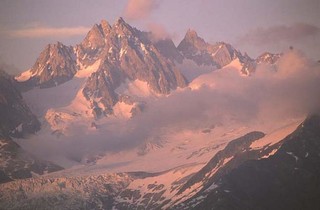
The problem is that photography is itself a product and manifestation of the developed world which Benvie criticises in the article. A quick browse of the websites belonging to some of the 2020VISION photographers is quite informative. They illustrate just how far from sustainable nature photography often is in practice, no matter how admirable the intention. Air travel to exotic locations and the acquisition and use of the latest photographic gear are all prominent. Some of these guys' carbon footprints, and let's be honest, their financial footprints, must be off the scale. In some cases their sites contain promotions linked to equipment suppliers all designed to sell us even more “stuff”!
At the same time they make bold statements about their environmenetal credentials. One is “looking for a way to dedicate the rest of my career to the preservation of the wild. That is my mission.” I'm not criticising the sentiments, I just question whether as high profile photographers they are truly in positions to put them into practice.
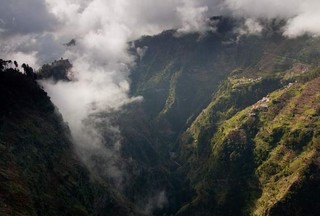
The truth is that“conservation photography” is green only in the very shallowest of senses. It smacks, unfortunately, of “do as I say, not as I do”. Over many years of experience Benvie has eventually had to concede that “…....people don't care about the earth. At least they don't care about it if doing so impacts on their material life”. But photographers are not immune to such conflicts. Their high end photographic gear and agreeable lifestyles are no less burdens on the planet than any other aspect of the Western society.
And it is not a new phenomenon at all. About twenty years ago I attended a symposium entitled “Green Photography”. There were very few attendees, in truth, and they split into two opposing groups. I was in the shallow green, ecological message camp. I believed it was a worthwhile way of proceeding. In the other camp were two photographers who travelled by train and bicycle to their locations. They complained that no-one took them seriously as photographers, even the greenest of green organisations, but in fact their actions actually spoke louder than our words.
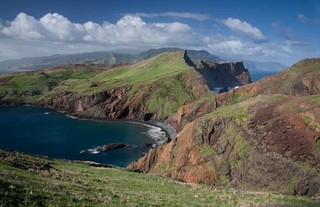 Ansel Adams was, without a doubt, the best known and most effective conservation photographer of all time. He achieved a great deal of success in persuading American politicians to protect huge chunks of wilderness, and even has one named after him! But he took on all sorts of commercial clients to pay the bills, including mining, banking, and power corporations. He was aware of the paradox, but brushed it aside. He believed that such work was a means to an end, a common enough perception in that era.
Ansel Adams was, without a doubt, the best known and most effective conservation photographer of all time. He achieved a great deal of success in persuading American politicians to protect huge chunks of wilderness, and even has one named after him! But he took on all sorts of commercial clients to pay the bills, including mining, banking, and power corporations. He was aware of the paradox, but brushed it aside. He believed that such work was a means to an end, a common enough perception in that era.
In my own, more naïve days, I believed that if I tacked a conservation message onto my landscape images it would make a difference. Now I realise that in a rather modest, twenty year, career in photography I'm actually closer to being part of the problem than the solution. It is the unavoidable result of being a cog – even a very small one - in the capitalist machine.
In the 50 years and more since Adams was in his prime as a working photographer and conservationist, we have learned so much more about the environmental results of our activities. “Conservation photographers” seem to claim that their practice is somehow different or more worthy than other nature photographers. But in terms of their effect on the planet's ecological balance, I see little basis for this belief in reality.
Jeremy Moore
You can see more of Jeremy Moore's work at his website Wild Wales.

